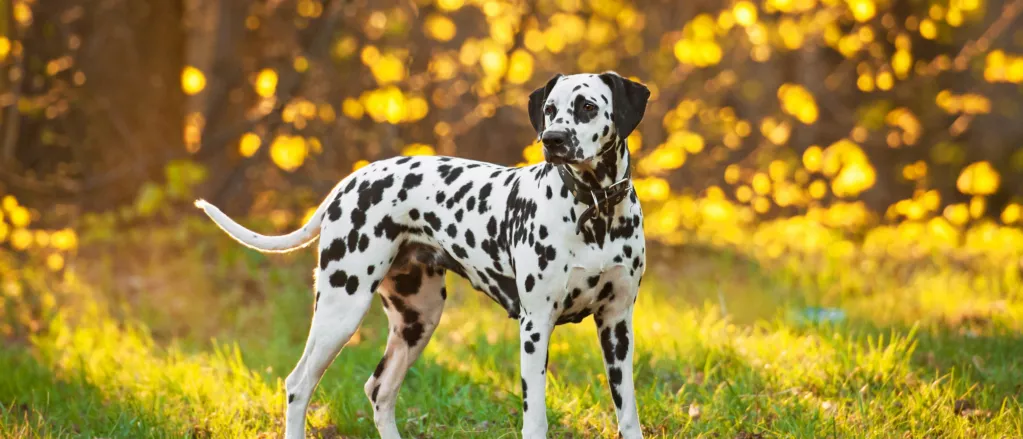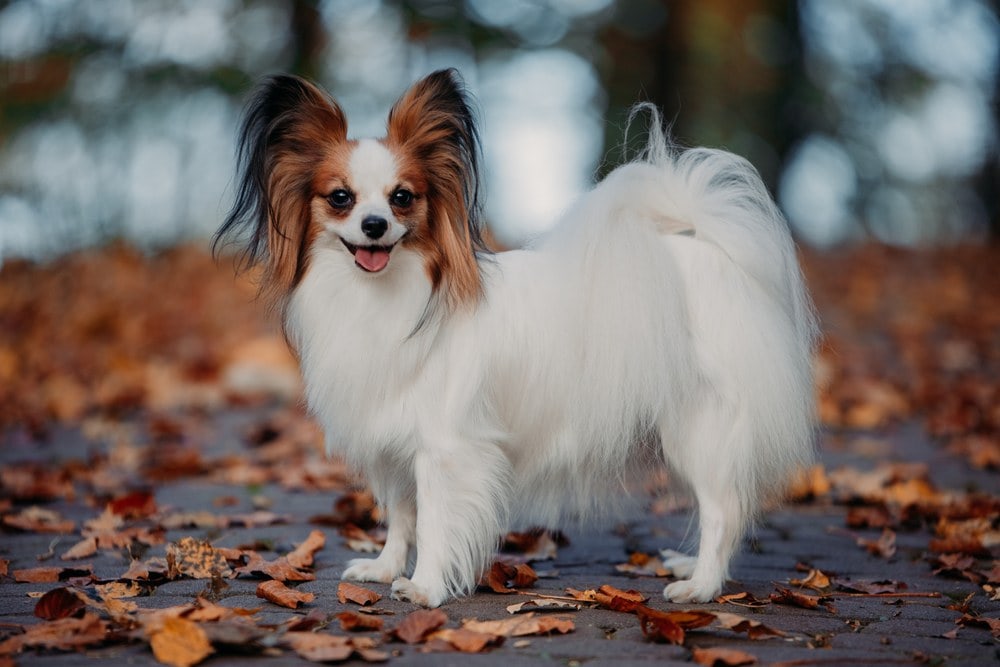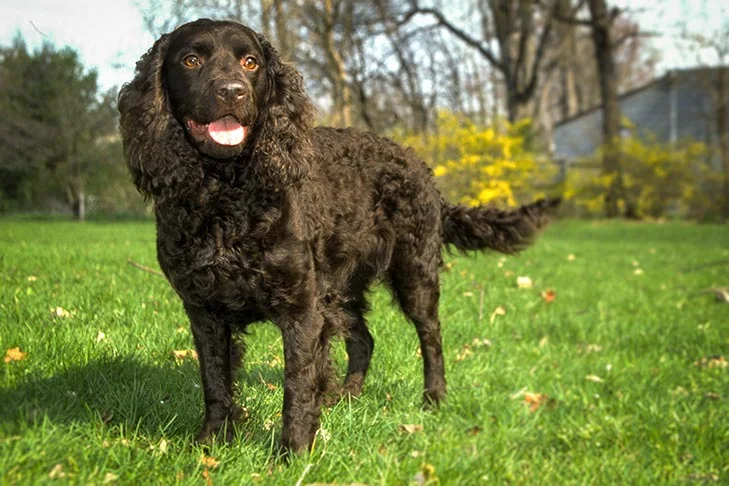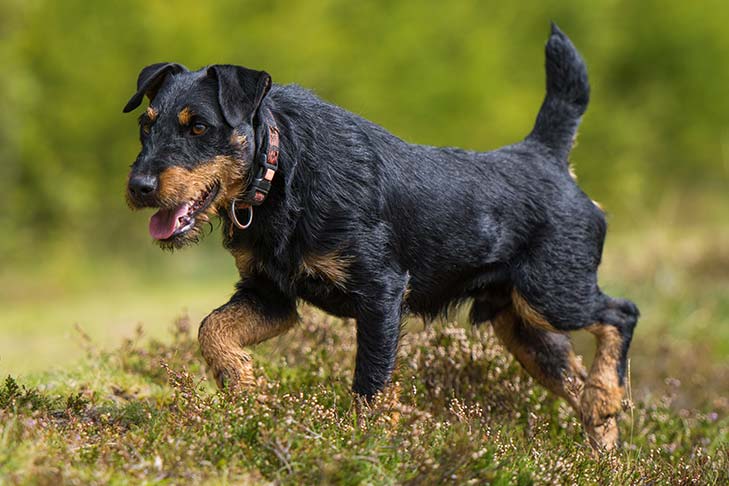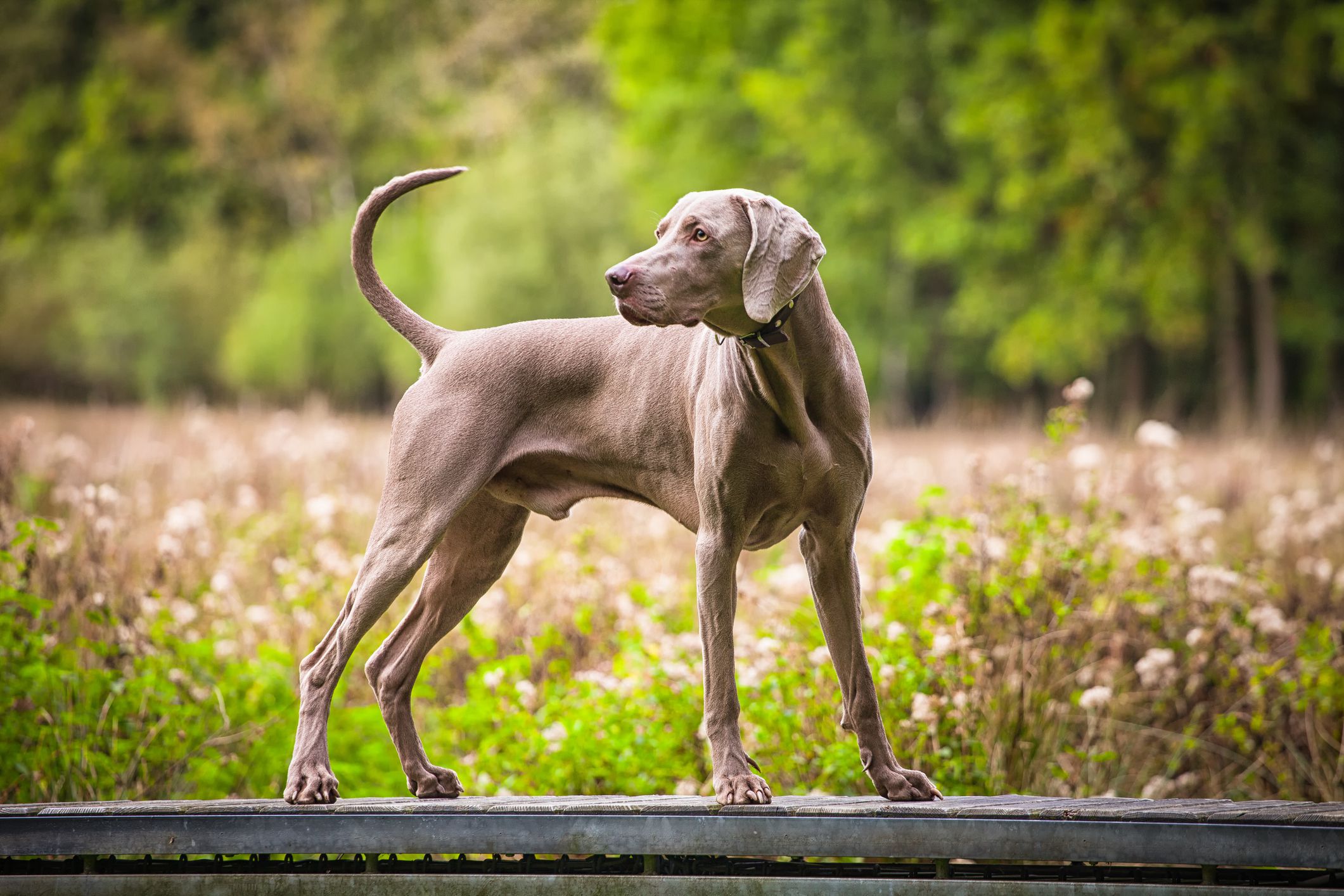Introduction
The Dalmatian is a distinct and easily recognizable breed that is characterized by its remarkable spotted coat and robust physique. Initially developed as carriage dogs, Dalmatians have gained popularity as affectionate family pets that are known for their unwavering loyalty and high level of energy. These dogs are intelligent and trainable, although their obstinate nature may necessitate consistent and positive reinforcement training from an early age. As they possess a high energy level, Dalmatians necessitate ample exercise and mental stimulation to maintain their well-being and happiness.
Dalmatian Temperament
Dalmatians are renowned for their dynamic and extroverted temperament. These highly energetic dogs necessitate substantial physical exercise and mental stimulation to maintain their physical and emotional well-being. When appropriately socialized from a young age, Dalmatians can be incredibly affectionate and devoted to their owners, making them excellent family pets. However, their proclivity for stubbornness requires consistent and firm training to avoid the development of behavioral problems. Dalmatians are also recognized for their attention-seeking tendencies and may engage in destructive behavior if left alone for extended periods. In summary, Dalmatians are lively and joyful dogs that require adequate socialization, exercise, and attention to flourish.
Aggression

Dalmatians are generally a friendly and outgoing breed, but like all dogs, they are capable of displaying aggressive behavior under certain circumstances. Aggression in Dalmatians can be caused by a variety of factors, including genetics, lack of socialization, fear, or territorial instincts. Some Dalmatians may also exhibit aggression due to pain or discomfort caused by an underlying medical condition. Aggressive behavior in Dalmatians may include growling, barking, biting, or lunging, and it’s important for owners to address any signs of aggression early on and seek professional help from a veterinarian or animal behaviorist to address the issue effectively. Proper socialization and positive reinforcement training from a young age can help prevent aggressive behavior in Dalmatians, but it’s important to remember that all dogs are individuals, and some may require more specialized care and attention than others.
Health and Lifespan of Dalmatian
The average lifespan of a Dalmatian is between 11 to 13 years, although some can live longer with proper care and attention. Like all breeds, Dalmatians can be prone to certain health issues such as deafness, kidney stones, and skin allergies. Regular veterinary check-ups, a healthy diet, and regular exercise can help to ensure a longer and healthier lifespan for your Dalmatian.
Food
When it comes to feeding your Dalmatian, it’s important to choose a high-quality, balanced diet that meets their specific nutritional needs. Dalmatians are prone to urinary tract problems due to their unique metabolism, which means they require a diet that is low in purines and high in protein. Look for dog food brands that are formulated for Dalmatians or other breeds with similar needs, and ensure that the food contains high-quality protein sources such as chicken, fish, or lamb. Avoid feeding your Dalmatian table scraps or foods that are high in purines, such as organ meats or shellfish, as this can exacerbate urinary tract issues. It’s always a good idea to consult with your veterinarian to determine the best diet for your individual Dalmatian based on their age, weight, and overall health.
Training for Dalmatian
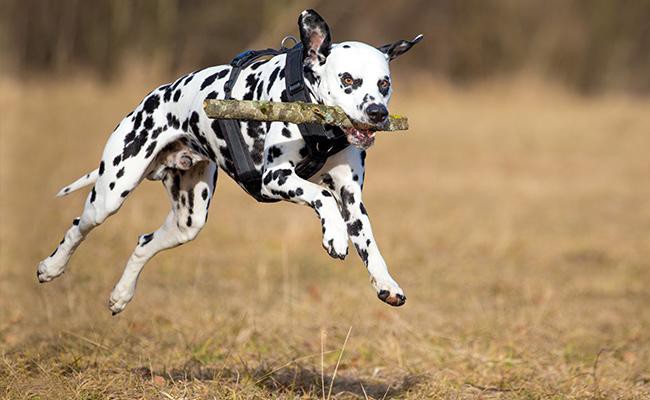
Training a Dalmatian can be challenging due to their stubborn nature, but it is important to start early and be consistent. Positive reinforcement techniques such as treats and praise can be effective in training your Dalmatian. Socialization is also crucial to prevent shyness or aggression towards strangers or other animals. Dalmatians are high-energy dogs and require regular exercise to prevent boredom and destructive behaviors. Daily walks and playtime can help to keep them physically and mentally stimulated. It is recommended to work with a professional trainer if you are experiencing difficulty with training your Dalmatian.
Conclusion
In conclusion, the Dalmatian is a unique and energetic breed that makes a wonderful family companion for the right owner. While they can be prone to certain health issues, such as urinary tract problems, with proper care and attention, Dalmatians can live long and healthy lives. Regular exercise, socialization, and positive reinforcement training are essential to keeping your Dalmatian happy and healthy. Whether you’re looking for an athletic partner for outdoor adventures or a loyal and affectionate companion to snuggle up with at home, the Dalmatian may be the perfect breed for you.
